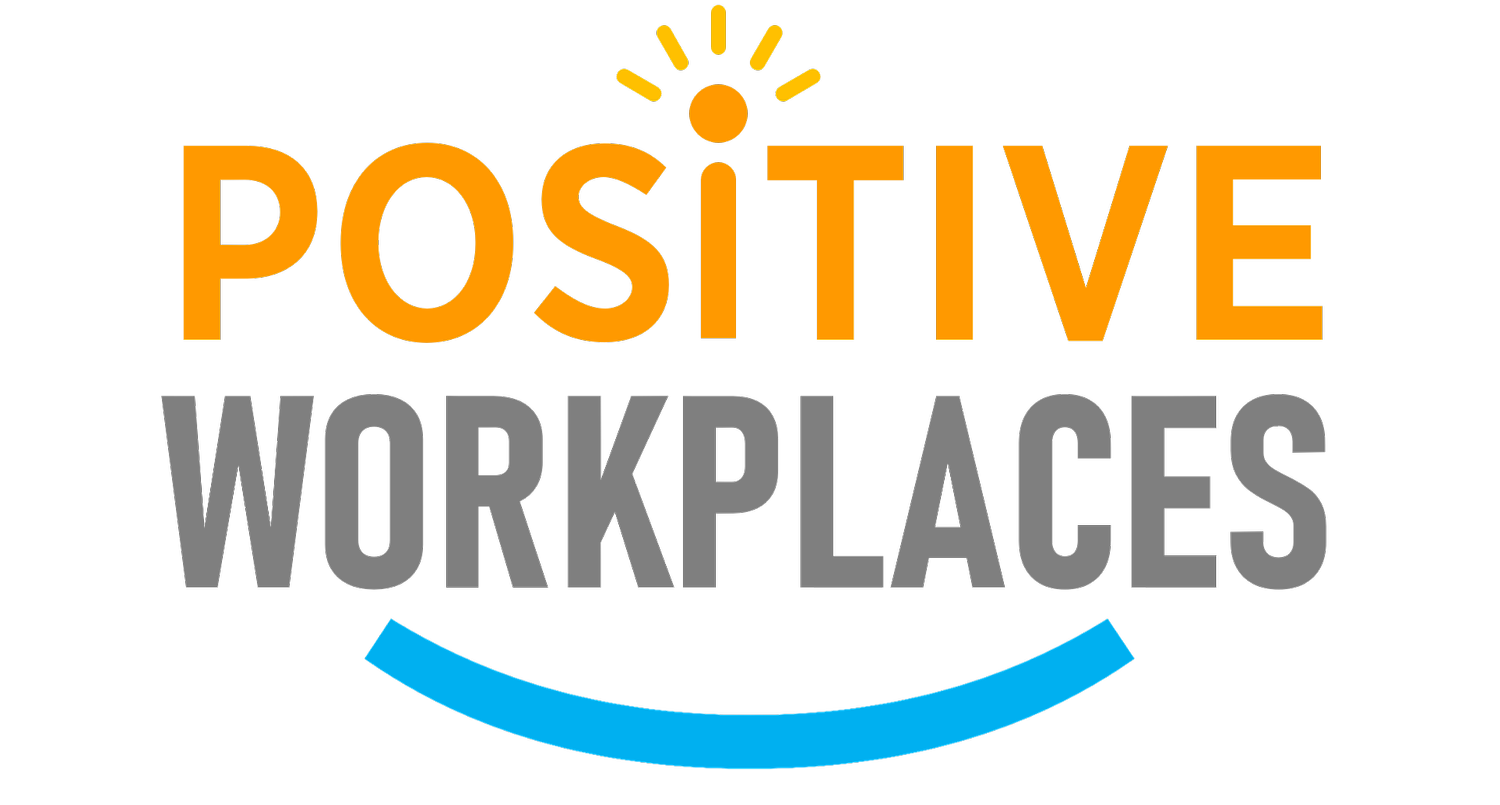Approaching Purpose Through Ikigai
Writers: Marga Ancheta and Ica Policarpio
Have you ever encountered moments wherein you questioned your career choices? Growing up, we are subconsciously taught what constitutes a “good” career. We set certain milestones as determinants of our satisfaction and success in our careers. But how might we pursue our purpose without sacrificing passions and necessities?
Why is purpose all the more important now?
Amidst the nationwide quarantine, a silver lining has emerged: moments to reflect on our personal purpose. What now is our place in a rapidly changing society? The answer to this is never easy, but why should we be looking for it in the first place?
Simply put, purpose gives us direction. It gives us a sense of what our end goal is, that even when we don’t have a clear path towards a future, we know that we are working towards fulfillment. It is true that we can work hard to gain success, but there are limits to what success and achievements can give us if they are not aligned to our purpose. Taking on many opportunities could cloud our sense of self and have us constantly questioning and doubting our purpose in society.
More often than not, our sense of purpose could be clouded by our peers, and our own expectations of what success entails. According to Hofstede’s analysis, the Philippines is a generally collectivist society that rarely participates in self-indulgence. This tells us that we often have the tendency to think and act based on the expectations of others, especially those of our family and peers. Sometimes, we even reach a point where we fear upsetting them and get distracted from moving towards what we are truly passionate about.
Ikigai: How can we enrich our perspectives of our career and lives?
How then can we revisit our perceptions of purpose? The Japanese concept of Ikigai offers a more holistic approach. Ikigai (ee-key-guy) is derived from the words iki, meaning “alive” or “life,” and gai, meaning “worth”--together, it means that which gives your life value meaning, and ultimately, purpose.
The term Ikigai was coined by Dr. Kamiya, a psychiatrist who treated patients with leprosy. While talking to these patients about Ikigai, she realized that even though these patients had lost sensations in parts of their body, they still valued and appreciated their own existence. She states that Ikigai is something experiential, that instead of avoiding challenges, it is better to attempt to find a deeper meaning to it.
Ikigai challenges everything we know about choosing careers. Do we really have to trade away our personal passions for the sake of a traditionally successful career? As a dominantly collectivist society, the Philippines tends to lean towards profession and vocation. We are inclined to take on careers deemed useful by society and guaranteed a straight path to the traditionally considered successful career.
However, through the four intersections of passion, profession, vocation, and mission, one can find the North Star of our lives: our Ikigai or reason for living.
Passion- strong liking or excitement for an activity
Profession - an occupation that takes training and can be paid
Vocation - an occupation that brings around a sense of suitability
Mission - an occupation that brings around a sense of duty in a political, religious or commercial means
Interestingly enough, many studies observed that those who participate in Ikigai have better physical health and wellbeing by taking on more health-promoting behaviors, such as exercise and proper nutrition. Ikigai also served as a protective factor in overcoming stress, anxiety and other psychological disorders. Overall, people who reflect upon their Ikigai have positive emotions towards life, their future and their own existence.
However, not everyone may instantly recognize their Ikigai or be sure of what they want--and that’s okay. Alternatively, Ikigai can help you recognize the rationale behind one’s career choices and find the balance between what you need and what’s important to you, whether that’s pursuing a mission or a profession or something in between.
Reflecting on your Ikigai
So how can we revisit the ways we view purpose to a more balanced and holistic Ikigai-centered perspective? At the core of it, it begins with the way we view careers and its roles in who we are as individuals. Rather than seeing our careers only as a vehicle for improving our society and to reach a certain degree of success, we should see it as an opportunity for us to grow as individuals and actively seek out activities that energize us to the fullest.
We can try to find our Ikigai through various reflection activities. Here are some activities that we recommend:
List down activities that you regularly do in a week and how they make you feel
Reflect on your personal strengths and defining characteristics
Revisit hobbies or interests that you enjoyed as a kid
Discuss Ikigai with friends and what purpose means to them
We also invite you to create your own Ikigai Venn Diagram and share it with us! Whether you’re a student weighing different opportunities or part of the workforce already, Ikigai allows us to re-examine our values and take a look at the different things that make our lives worth living.
Download the Ikigai Worksheet here
References
Burnett, W., & Evans, D. J. (2016). Designing your life: How to build a well-lived, joyful life. Alfred A. Knopf.
JobStreet Philippines. (2021). Decoding Global Talent Philippine Edition. https://www.jobstreet.com.ph/en/cms/employer/wp-content/themes/jobstreet-employer/assets/pdf/gts/Global_Talent_Survey_2_PH_2.pdf
Kotera, Y., Kaluzeviciute, G., Garip, G., McEwan, K., & Chamberlain, K.J. (2021). Health benefits of ikigai: A review of literature. In Y. Kotera & D. Fido (Eds.), Ikigai: Towards a psychological understanding of a life worth living. Concurrent Disorders Society Publishing.
Philippines. Hofstede Insights. (n.d.). https://www.hofstede-insights.com/country/the-philippines/.
Serusclat, C. (n.d.). Finding your Ikigai: 8 questions to explore the reason that gets you out of bed . People At Heart Coaching. https://www.peopleatheartcoaching.com/finding-your-ikigai.











